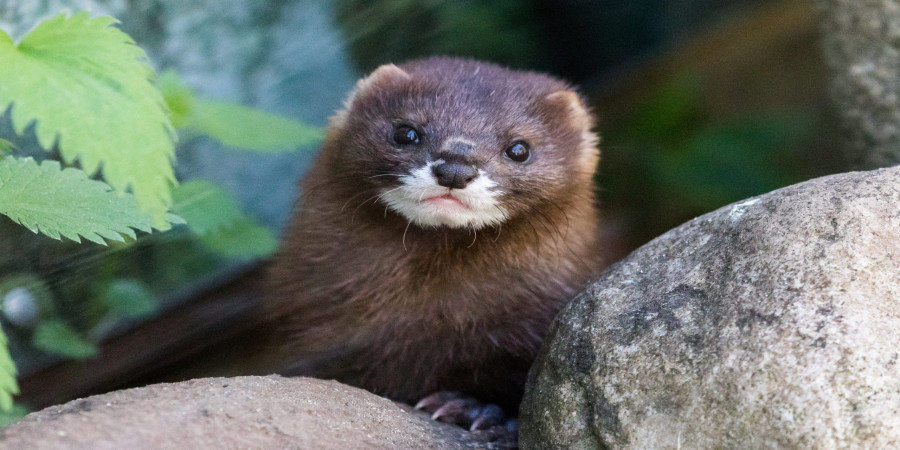

Will Mink Eat Rat Poison? The Risks of Secondary Poisoning
Mink are carnivorous predators found near waterways. While they contribute to the ecosystem, they can become a nuisance for those raising poultry or managing fish populations. However, using rat poison to control them is not only ineffective but also carries significant unintended consequences.
Understanding Rat Poison
Rat poisons (rodenticides) typically fall into two main categories:
- Anticoagulants: These prevent blood clotting, causing internal bleeding leading to death several days after consumption.
- Neurotoxic: These poisons affect the nervous system, often causing seizures and rapid death.
Why Minks Are at Risk
Minks don't typically eat the poison directly. Here's where the problem lies:
- The prey chain: Minks primarily feed on rodents like rats and mice – the very targets of rat poison. When a poisoned rodent is eaten by a mink, the poison accumulates in the mink's system.
- Delayed effects: Anticoagulants, in particular, take time to act on the rodent. This means the poisoned rat might still seem like an easy meal for a mink before the deadly effects kick in.
The Dangers of Secondary Poisoning
When minks consume poisoned prey, the toxins build up in their bodies. This can have fatal or severe long-term consequences:
- Internal bleeding: Anticoagulants can cause uncontrolled bleeding, leading to death.
- Neurological damage: Neurotoxic rodenticides can cause seizures, paralysis, and death.
- Population decline: Secondary poisoning is a notable factor in the decline of mink and similar predator populations.
Alternatives to Rat Poison
If you face mink issues, here are safer and often more effective approaches:
- Exclusion: Seal off entry points to buildings or enclosures where minks might target livestock or fish.
- Live trapping: Humanely trap minks and relocate them with the appropriate permits and guidance.
- Professional assistance: Contact wildlife control specialists for a tailored plan to address mink problems.
References
- Marijuana Farms Are Poisoning This Mink-Like Animal With Rodenticide - Newsweek: https://www.newsweek.com/marijuana-farms-are-poisoning-mink-animal-rodenticide-275992#:~:text=Rats%20and%20squirrels%20can%20survive,the%20exposure%20levels%20and%20die.%22
- Mink - Beyond Pest Control: https://www.nypestpro.com/animalcontrol/mink.html
- How to get rid of mink - Mink control - DIY Pest Control: https://www.diy-pest-control.co.uk/blog/how-to-get-rid-of-mink/
Protecting Wildlife
Rat poison poses an indiscriminate threat to various animals, not just intended targets. By understanding the risks of secondary poisoning, we can choose responsible and humane methods for dealing with wildlife conflicts.
Popular articles

Apr 11, 2024 07:40 PM

May 25, 2024 08:09 PM

Apr 11, 2024 07:22 PM

Apr 10, 2024 07:59 PM

Mar 14, 2024 07:53 PM
Comments (0)